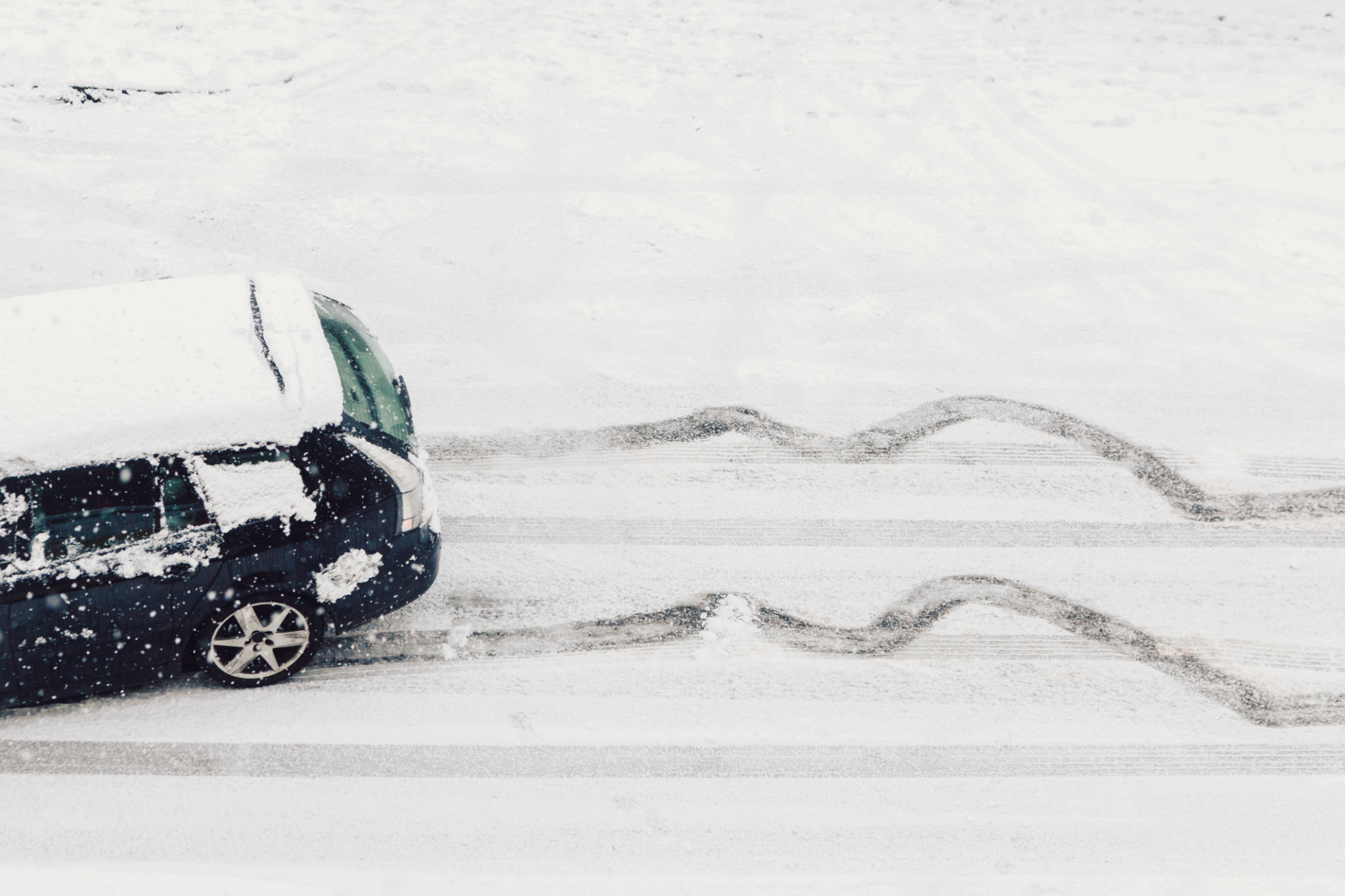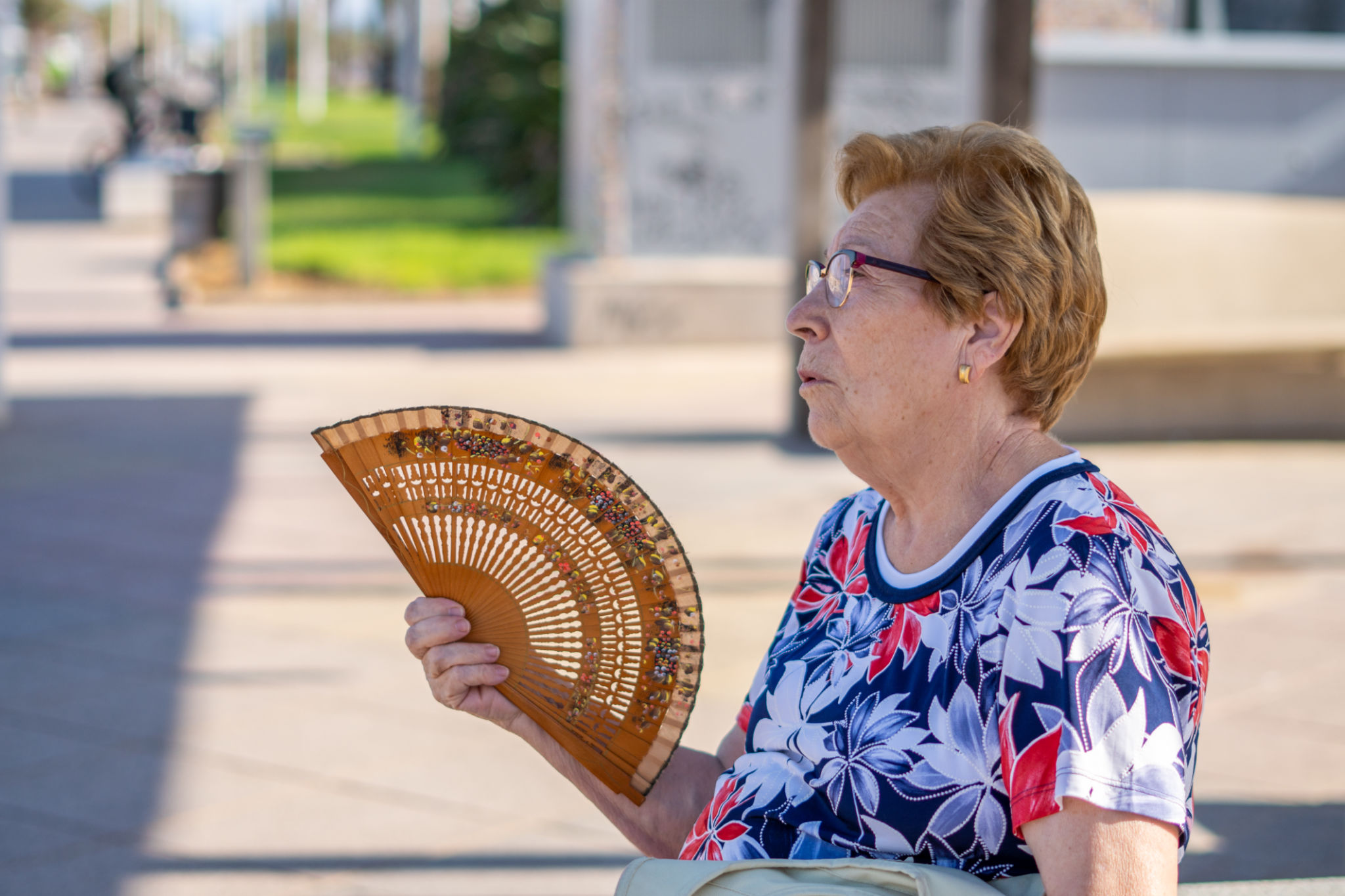Seasonal Safety Tips for Seniors Receiving In-Home Care
Understanding Seasonal Hazards
Each season brings its own unique set of challenges, especially for seniors receiving in-home care. It's crucial to recognize these hazards to ensure the safety and well-being of our loved ones. From slippery ice in winter to heat waves in summer, being prepared can make all the difference.
Understanding these seasonal risks allows caregivers to take appropriate precautions. By being proactive, we can help mitigate potential dangers and maintain a comfortable living environment for seniors. Let's explore some effective safety tips tailored for each season.

Winter Safety Tips
Preventing Slips and Falls
During winter, icy sidewalks and steps pose a significant risk for falls. Ensure walkways are cleared of snow and ice regularly. Consider using salt or sand to provide better traction.
Encourage seniors to wear sturdy shoes with non-slip soles when venturing outside. Inside, make sure that floors are free from clutter and that rugs are secured to prevent tripping.
Maintaining Warmth Indoors
Cold temperatures can be harmful to seniors, so keeping the home warm is essential. Check that heating systems are working efficiently, and use draft stoppers on doors to prevent cold air from entering.
Layering clothing can help maintain body heat. Ensure that seniors have access to warm blankets and encourage them to dress warmly even indoors.

Spring and Summer Safety Tips
Managing Allergies
As flowers bloom in spring, allergy symptoms can become more pronounced. To minimize discomfort, keep windows closed during high pollen days and ensure air filters in the home are clean.
Encourage seniors to consult with their healthcare providers for allergy medications if needed. Regular cleaning of living spaces can also help reduce pollen exposure.
Staying Hydrated in the Heat
Summer heat can lead to dehydration, especially for seniors. Make sure they have easy access to water throughout the day. Encourage them to drink regularly, even if they don't feel thirsty.
Create a cool environment by using fans or air conditioning. If outdoor activities are planned, try to schedule them during cooler times of the day, such as early morning or late afternoon.

Fall Safety Tips
Avoiding Cold and Flu
The fall season often marks the beginning of cold and flu season. Encourage seniors to get their flu shots and practice good hygiene by washing hands regularly.
Ensure that seniors have a supply of necessary medications and consult with healthcare providers about any additional vaccines they may need.
Preparing for Winter
Fall is a great time to prepare the home for the upcoming winter months. Check that heating systems are functioning properly and that homes are insulated well.
Stock up on essential supplies like non-perishable food items and medications in case of severe weather. Being prepared ahead of time can alleviate stress and ensure safety when winter arrives.

